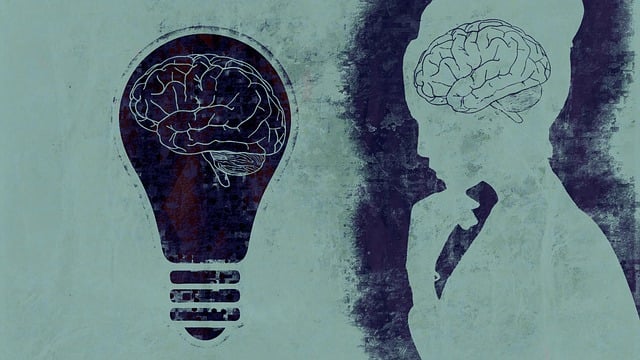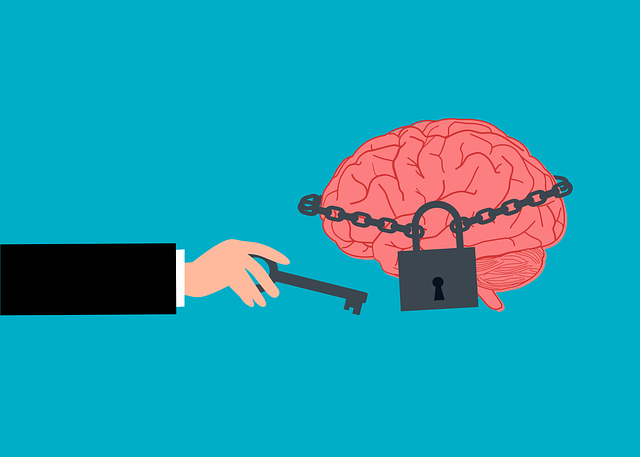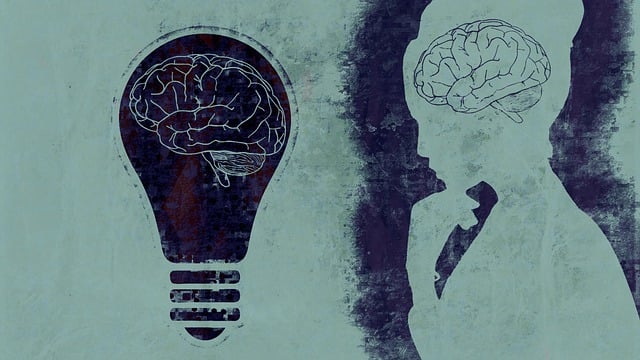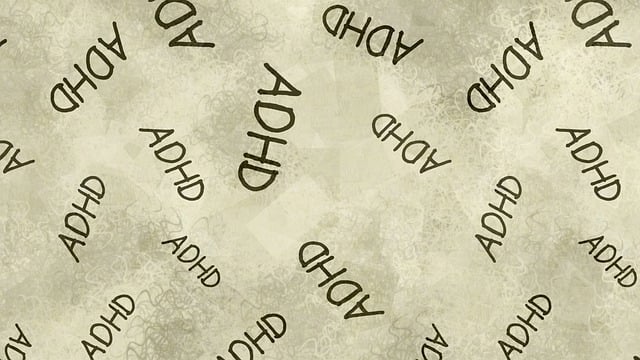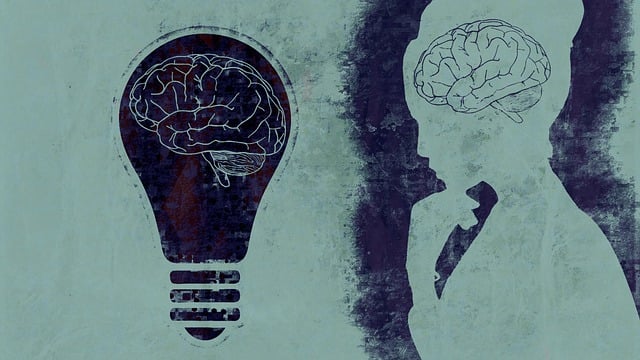In today's demanding world, adults face significant mental health challenges due to stressful careers and personal lives. Effective therapy, especially crisis counseling, offers coping mechanisms tailored to individual stressor profiles. Workshops like Stress Management Workshops go beyond stress reduction by teaching empathy, open communication, and practical tools for managing daily stressors. These workshops empower adults with skills to overcome crises, focusing on emotional well-being through interactive role-playing, group discussions, mindfulness, self-care, time management, and problem-solving. Promoting such sessions within organizations fosters a healthy culture, reduces mental illness stigma, improves job satisfaction, and enhances team cohesion.
Stress management workshops are vital tools in empowering adults to navigate life’s challenges. With modern lifestyles demanding increasing resilience, these sessions offer much-needed therapy for adult crisis counseling needs. This comprehensive guide delves into designing and facilitating effective workshops, covering key aspects like understanding common stress triggers, creating engaging content, and promoting a culture of well-being. By implementing these strategies, organizations can foster healthier environments and enhance employees’ ability to manage stress effectively.
- Understanding Adult Stress and Crisis Counseling Needs
- Designing Effective Stress Management Workshop Content
- Facilitation Techniques for Engaging Workshops
- Promoting and Sustaining a Healthy Stress Management Culture
Understanding Adult Stress and Crisis Counseling Needs

In today’s fast-paced world, adults face a myriad of stressors that can significantly impact their mental and emotional well-being. From demanding careers to complex personal lives, the need for effective therapy for adults has never been more crucial. Crisis counseling plays a vital role in equipping individuals with coping mechanisms to navigate these challenges. By understanding the unique stressor profiles of adults, organizations like Stress Management Workshops can develop targeted interventions.
This approach goes beyond mere stress reduction techniques; it involves fostering empathy building strategies within support systems. Encouraging positive thinking and promoting open communication are essential elements in addressing crisis counseling needs. Through tailored workshops and programs, these organizations empower individuals to not only manage but also overcome stressors, ultimately enhancing their ability to thrive in various aspects of life.
Designing Effective Stress Management Workshop Content

Designing an effective stress management workshop requires a thoughtful approach to cater to the diverse needs of participants. The content should balance educational insights with practical, actionable strategies. Begin by setting clear objectives aligned with promoting emotional well-being and providing therapy for adults in crisis situations. Incorporate interactive elements like role-playing scenarios and group discussions to facilitate active learning.
Focus on teaching communication strategies that help individuals manage stress triggers in their daily lives. Emphasize the importance of self-care practices, mindfulness techniques, and healthy coping mechanisms. Tailor the workshop to cover various topics such as time management, stress-reduction exercises, and problem-solving skills, ensuring participants leave with a comprehensive toolkit for navigating stressful situations.
Facilitation Techniques for Engaging Workshops

Engaging workshops on stress management require dynamic facilitation techniques to ensure participants remain captivated and proactive. One proven method is interactive group discussions that foster open sharing of experiences, as this encourages peer learning and reinforces key concepts. Mental health professionals should also incorporate active exercises such as mindfulness meditation, which not only reduces stress but enhances focus and self-awareness. These practices are particularly beneficial in crisis counseling settings where adults often face overwhelming pressures.
Additionally, incorporating risk management planning into the workshops equips participants with strategies to navigate challenging situations. By balancing theoretical knowledge with practical tools, facilitators enable attendees to apply learned techniques effectively. This holistic approach includes Self-Esteem Improvement exercises that build resilience and emotional fortitude, making stress management not just a skill but a sustainable lifestyle choice.
Promoting and Sustaining a Healthy Stress Management Culture

Promoting a healthy stress management culture within an organization is essential for the well-being of employees and overall productivity. This involves fostering an environment that encourages open dialogue about mental health, reducing any associated stigma, and providing accessible resources to support staff. Workshops focused on therapy for adults, crisis counseling, and empathy building strategies can play a pivotal role in this initiative. By integrating regular sessions dedicated to stress management and mental health awareness, organizations can create a supportive atmosphere where employees feel empowered to seek help when needed.
Such efforts contribute to Mental Illness Stigma Reduction by normalizing conversations around mental well-being. Through these workshops, workers gain valuable skills for coping with stress effectively, leading to improved job satisfaction and a more positive work environment. Regular engagement in Mental Health Awareness programs can also enhance team cohesion, as colleagues learn to understand and support each other’s mental health needs, ultimately fostering a culture of care and resilience.
Stress management workshops are powerful tools for organizations to support their employees’ well-being. By understanding the unique stressor challenges adults face and incorporating effective content and facilitation techniques, these sessions can foster a healthy work environment. Promoting crisis counseling as a key component ensures individuals have access to therapy when needed. Through consistent engagement and education, organizations can revolutionize their approach to stress management, ultimately enhancing employee satisfaction and productivity.

